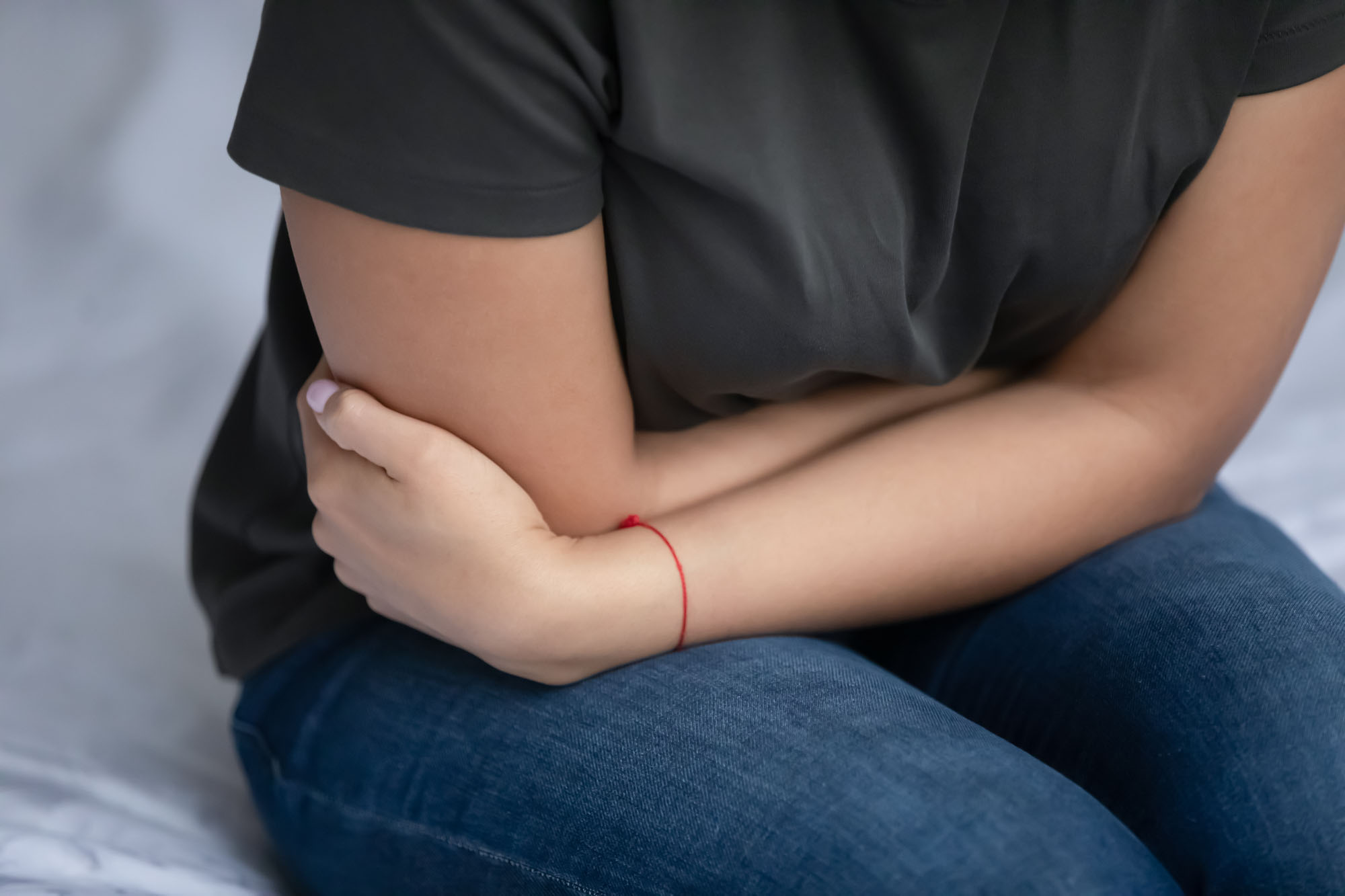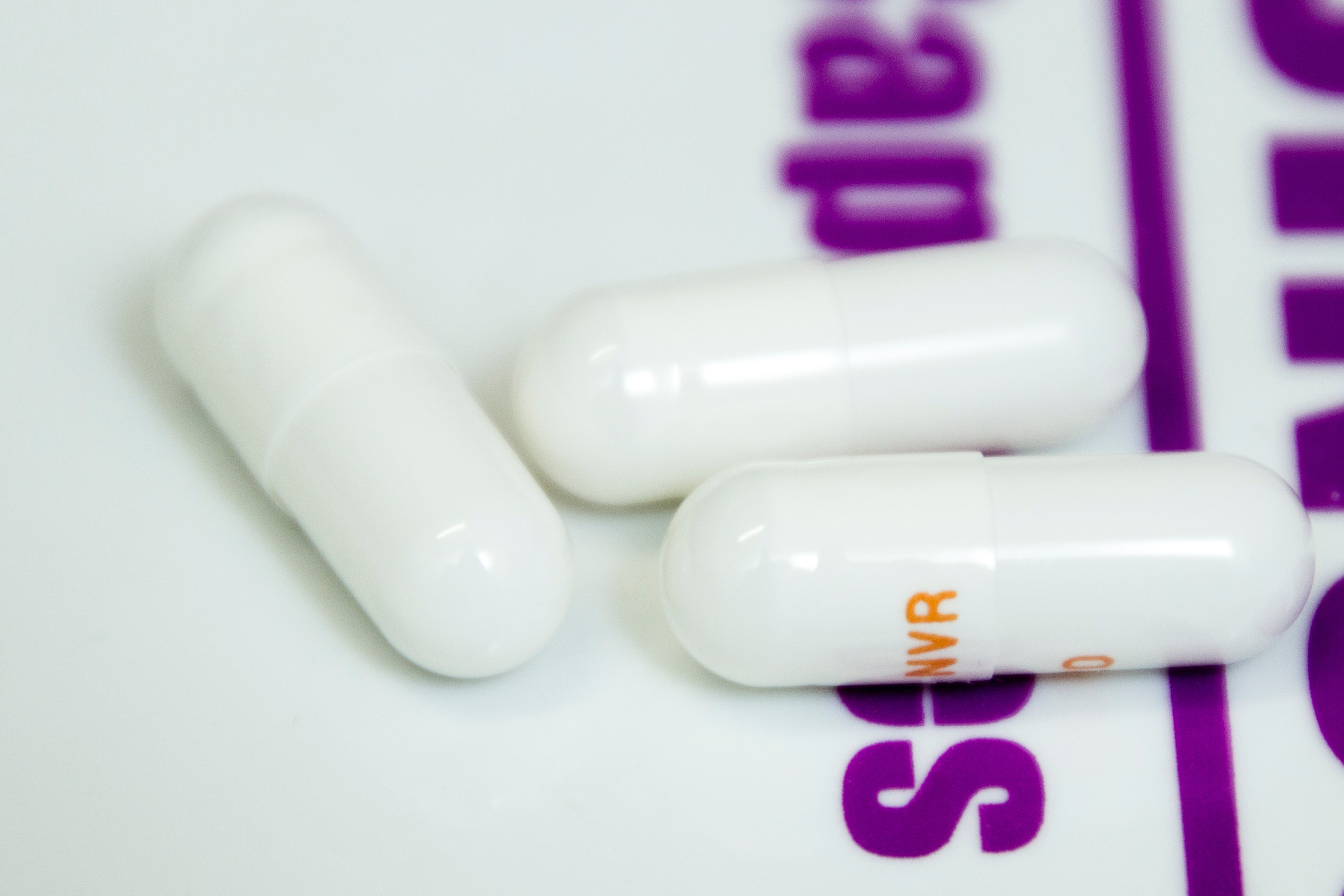Consortium receives €11 million grant in the fight against antibiotic resistance
An interdisciplinary international consortium led by Maastricht UMC+ researcher Dr. Chris Arts will spend the next six years researching new technological solutions to the explosively growing problem of antimicrobial resistance (AMR). The research focuses on social awareness of AMR and on the development of alternatives to traditional antibiotics through the use of new materials technology. The consortium receives €11 million grant for their research and development process.
Antimicrobial resistance (AMR) in which bacteria are increasingly resistant to antibiotics is an explosive problem worldwide. For example, AMR increases the risk of life-threatening infections after surgery, resulting in poorer treatment outcomes and an increase in healthcare costs. "If almost everyone continues to underestimate this problem, by 2050, 10 million people worldwide will die every year from the effects of AMR," says Dr. Chris Arts, "and these are still conservative estimates. In the last 20 years, no new antibiotics have entered the market. That is why it is so important that we start researching alternative technologies to reduce the use of antibiotics."
Materials
The core of the research is the development of materials that prevent bacterial growth. Innovations in the field of biomedical materials play a key role in this, according to Arts. "Bacteria are experts in biological warfare. They fight continuously with other species and against our bodies’ own cells. It is therefore not surprising that bacteria become resistant to the antibiotics we use on them. However, if we can make their immediate environment or, for example, the surface of our implants inhospitable to bacteria, we can prevent infections and at the same time not fear we are contributing to the development of AMR."
Cooperation
In a broad project, the many aspects of AMR are examined. To better understand how bacteria grow on a surface, advanced imaging techniques are used by the Maastricht based M4I Institute. Within the project, there is also explicit attention to the implementation of new techniques and social awareness around AMR. As part of the Dutch Research Agenda, the Dutch Research Council is providing a grant of €9.8 million to the DARTBAC project: Dutch Antimicrobial Resistance Technology development and Biofilm Assessment Consortium. In addition, the industry partners of the DARTBAC consortium are contributing an additional €1.3 million to the budget.

Consortium
Academic partners: Maastricht University, Maastricht UMC+, Amsterdam UMC, Leiden UMC, the National Institute for Public Health and the Environment, Delft University of Technology, Eindhoven University of Technology, UMC Groningen, UMC Utrecht and the University of Amsterdam.
Industry partners: B. Braun Aesculap (Germany), BiosparQ (Netherlands), Bonalive (Finland), CAM Bioceramics (Netherlands), DSM (Netherlands), MadamTherapeutics (Netherlands), OS-1 (Netherlands), PCI Biotech (Norway) and Healthcare Innovations Netherlands (Netherlands).
Other partners: AMR-Insights, Federation Medical Specialists Knowledge Institute, Dutch Orthopaedic Association and ReumaNederland.
Project website: http://www.NWA-Dartbac.nl
Also read
-
In honour of the presentation of the VNVA Els Borst Prize for her oeuvre, Prof Marlies Bongers is organising the symposium "menstruation in RED on the agenda" on 1 October.
-
In women trying to conceive, 1-3% experience repeated miscarriages. For more than 50% of these women, a cause for the miscarriages has yet to be found. New research from Maastricht University (UM) and the Maastricht University Medical Centre+ (MUMC+) shows that the immune system’s Natural Killer (NK...
-
The European Commission has awarded €23 million to set up a new platform for drug repurposing: the use of existing drugs in diseases other than those for which they were originally developed. In the next seven years UM will develop the platform REPO4EU (precision drug REPurpOsing for Europe)...


